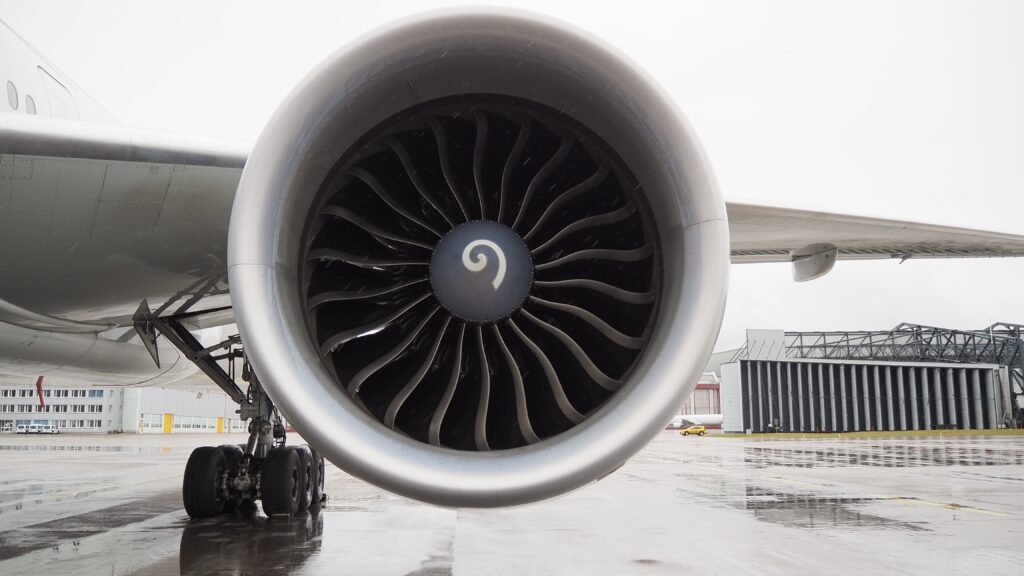Advertiser & Editorial Disclosure: The Bulkhead Seat earns an affiliate commission for anyone approved through the links below. This compensation may impact how and where links appear on this site. We work to provide the best publicly available offers to our readers. We frequently update them, but this site does not include all available offers. Opinions, reviews, analyses & recommendations are the author’s alone, and have not been reviewed, endorsed, or approved by any of these entities.
Piedmont Airlines is a wholly-owned subsidiary of American Airlines Group and operates as an American Eagle carrier, providing regional flights on behalf of American Airlines. It will have to pay a $15,000 fine after the Occupational Safety and Health Administration (OSHA) found the airline guilty of breaching safety around the accidental death of an employee back in December.
The deadly incident in question occurred on December 31st when an employee was sucked into and aircraft engine and killed. OSHA determined that the death was due to Piedmont lacking clear communication and effective employee training.

Courtney Edwards was a passenger service agent for Piedmont Airlines at Montgomery Regional Airport (MGM). She came too close to an Embraer E175’s engine and suffered a horrific death. The victim was a member of the Communications Workers of America (CWA) union and it issued a statement around this fine:
OSHA found that the lack of effective training, clear and unambiguous communication on the ramp, and clear instructions from supervisors as to when it is safe to approach an aircraft were deficiencies that contributed to Courtney Edwards’s preventable death.”
CWA further explained that OSHA found Piedmont responsible for creating an unsafe workplace environment that exposed employees to ingestion and jet blast dangers. OSHA agreed and issued a General Duty Clause violation. It carried an additional fine of $15,625, which is the maximum allowed by law. The violation contradicts preliminary findings issued by the National Transportation Safety Board (NTSB) in January. That reported that the pilots got an alert indicating a forward cargo door had been opened before they shut down the engines. The ground crew had also held a briefing prior to the plane’s landing and employees were instructed not to approach the plane until the engines were turned off.
The union believes that the carrier will challenge the fine, but that has yet to happen.
Anthony’s Take: I can’t imagine too many more gruesome ways to go than being sucked into a jet engine. My condolences to her family and the three children she left behind.
User Generated Content Disclosure: The Bulkhead Seat encourages constructive discussions, comments, and questions. Responses are not provided by or commissioned by any bank advertisers. These responses have not been reviewed, approved, or endorsed by the bank advertiser. It is not the responsibility of the bank advertiser to respond to comments.
Advertiser & Editorial Disclosure: The Bulkhead Seat earns an affiliate commission for anyone approved through the links above This compensation may impact how and where links appear on this site. We work to provide the best publicly available offers to our readers. We frequently update them, but this site does not include all available offers. Opinions, reviews, analyses & recommendations are the author’s alone, and have not been reviewed, endorsed, or approved by any of these entities.

1 comment
I very much doubt that the there was inadequate training on this. And as for the insufficient communication allegation, unless they’re saying that the strobe light on the aircraft was inoperable (which serves as a visual warning that an engine is running) that’s a bunch of malarkey too. This is more about the USG trying to look like it’s “doing something” than an actual violation. If training was absent then we’d be seeing a lot more of this and it would not be a freak thing.